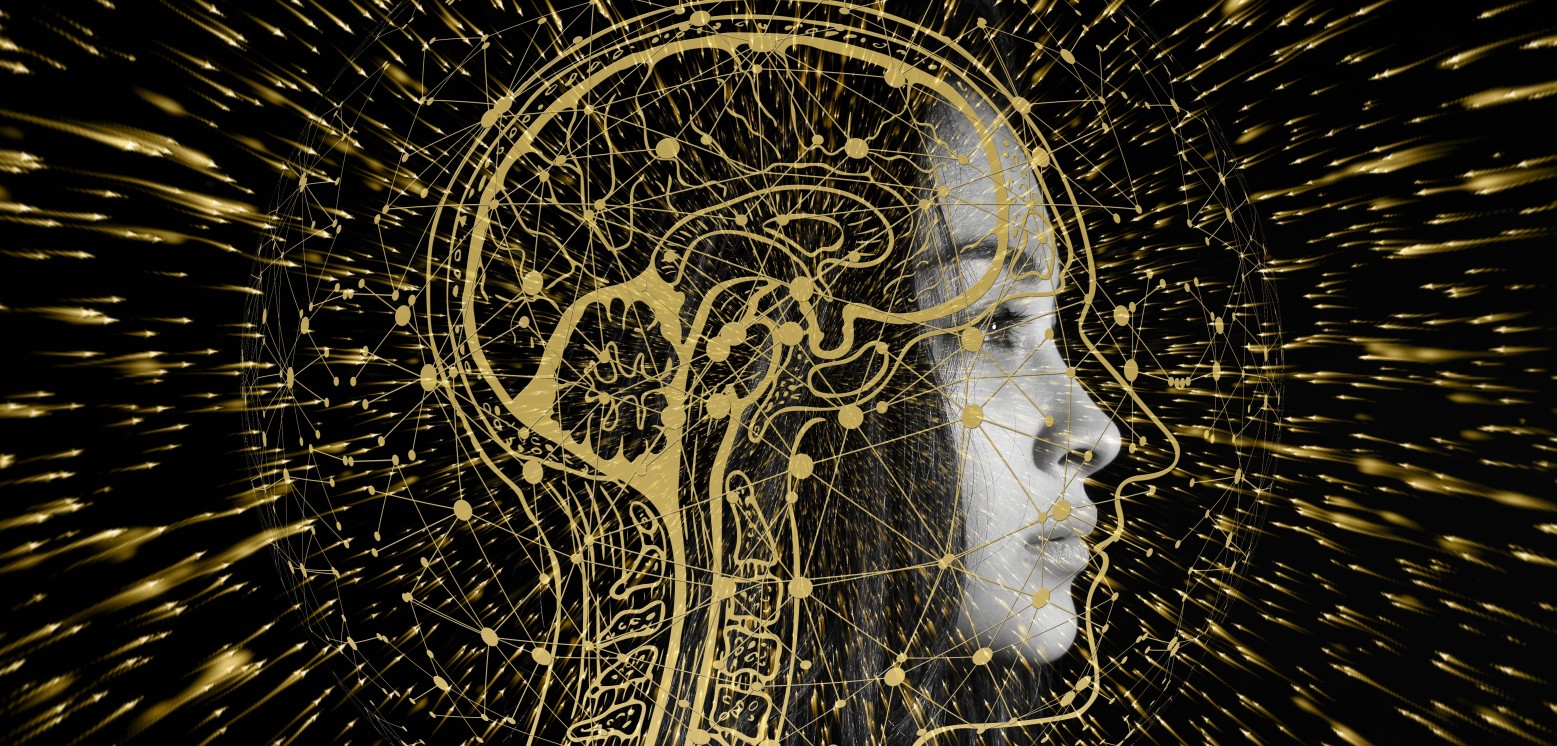
The consumer’s triune brain is a concept developed by neuroscientist Paul MacLean. According to this theory, the human brain is composed of three main areas, each with a different evolutionary age and function: the reptilian brain (the oldest and most primitive part of the brain, responsible for basic survival instincts), the limbic system (the emotional centre of the brain, responsible for feelings and social behaviour), and the neocortex (the rational and analytical part of the brain, responsible for conscious thought and decision-making).
Understanding how the triune brain works can help marketers create more effective advertising and branding strategies that resonate with consumers on an emotional level.
Here are a few examples of companies that have successfully used the triune brain theory to create emotional connections with their customers.
International Brand Examples:
Coca-Cola: Coca-Cola’s marketing campaigns often focus on creating emotional connections with consumers, such as the famous “Share a Coke” campaign that encouraged customers to personalise their Coke bottles with their friends’ names. By tapping into the limbic system and creating feelings of warmth and connection, Coca-Cola has created a strong emotional bond with its customers.
Nike: Nike’s “Just Do It” campaign is a classic example of how to appeal to the reptilian brain, with its focus on action and empowerment. By tapping into the primal instinct to survive and succeed, Nike has created a powerful brand identity that inspires customers to take action and achieve their goals.
Apple: Apple’s sleek and minimalist product design appeals to the neocortex, with its emphasis on functionality and efficiency. But Apple also creates emotional connections with its customers through its marketing campaigns, such as the iconic “Think Different” campaign that celebrated creativity and individuality.
Amazon: Amazon’s customer-centric approach to e-commerce appeals to the limbic system, with its focus on convenience, choice, and personalisation. By creating a seamless and satisfying customer experience, Amazon has built a loyal customer base that trusts and values the brand.
Airbnb: Airbnb’s platform appeals to the limbic system by creating feelings of adventure and discovery, with the opportunity to stay in unique and authentic accommodations around the world. By tapping into the emotional desire to explore and connect with new places and people, Airbnb has created a successful and innovative business model.
Maggi: Maggi’s marketing campaigns focus on the convenience and reliability of its instant noodles, appealing to the reptilian brain’s need for quick and easy sustenance. By positioning itself as a trustworthy and satisfying meal option, Maggi has become a staple in many Indian households. It also appeals to the limbic brain as Maggi is now widely recognised as comfort food.
Indian Brand Examples:
Amul: Amul’s iconic “Amul girl” advertising campaign appeals to the limbic system, using humour and nostalgia to create positive associations with the brand. Additionally, the company’s emphasis on quality and reliability appeals to the neocortex, creating a sense of trust and familiarity.
Tanishq: Tanishq’s emphasis on tradition and heritage appeals to the limbic system, while the company’s focus on innovation and contemporary design appeals to the neocortex. Additionally, the company’s emphasis on ethical sourcing and sustainability creates a sense of trust and social responsibility.
Tata Group: Tata Group’s diverse range of products and services appeals to the neocortex, while the company’s emphasis on social responsibility and ethical business practices activates the limbic system. Additionally, the company’s emphasis on innovation and cutting-edge technology creates a sense of excitement and curiosity.
Haldiram’s: Haldiram’s focus on traditional Indian flavors and recipes appeals to the limbic system, while the company’s emphasis on quality and authenticity appeals to the neocortex. Additionally, the company’s focus on customer service and hospitality activates the limbic system, creating positive associations with the brand.
Flipkart: Flipkart’s emphasis on convenience and ease of use appeals to the reptilian brain, while the company’s personalised recommendations and user-friendly interface appeal to the neocortex. Additionally, the company’s focus on customer service and reliability activates the limbic system, creating positive associations with the brand.